Nuru – iCRA Project
Creating Sustainable Development for Farmers and their Organizations through Effective Peer-to-Peer Training
Introduction
Nuru Nigeria is a registered non-profit organization that provides extension and capacity development services to rural smallholder farmers in Adamawa State in northeast Nigeria in areas that have been previously affected by Boko Haram attacks. In 2019, Nuru Nigeria, through it’s a women as entry point approach, successfully launched its first project in northeast Nigeria. At the beginning of the Nuru-iCRA partnership, Nuru Nigeria was working with 500 women-led smallholder farmer households who are members of 38 farmer associations that are about to be transitioned into farmer organization businesses. In collaboration with iCRA, Nuru Nigeria’s activities will allow the farmers in the region to improve their food security and increase their incomes over a shorter time frame. The partnership also leverages the Nuru ecosystem of locally-led organizations that includes Nuru Kenya and Nuru Ethiopia to drive greater peer-to-peer learning. The impact of this Nuru-iCRA partnership will be cascaded directly to 78 rural organizations supported collectively by Nuru Nigeria, Nuru Kenya, and Nuru Ethiopia.
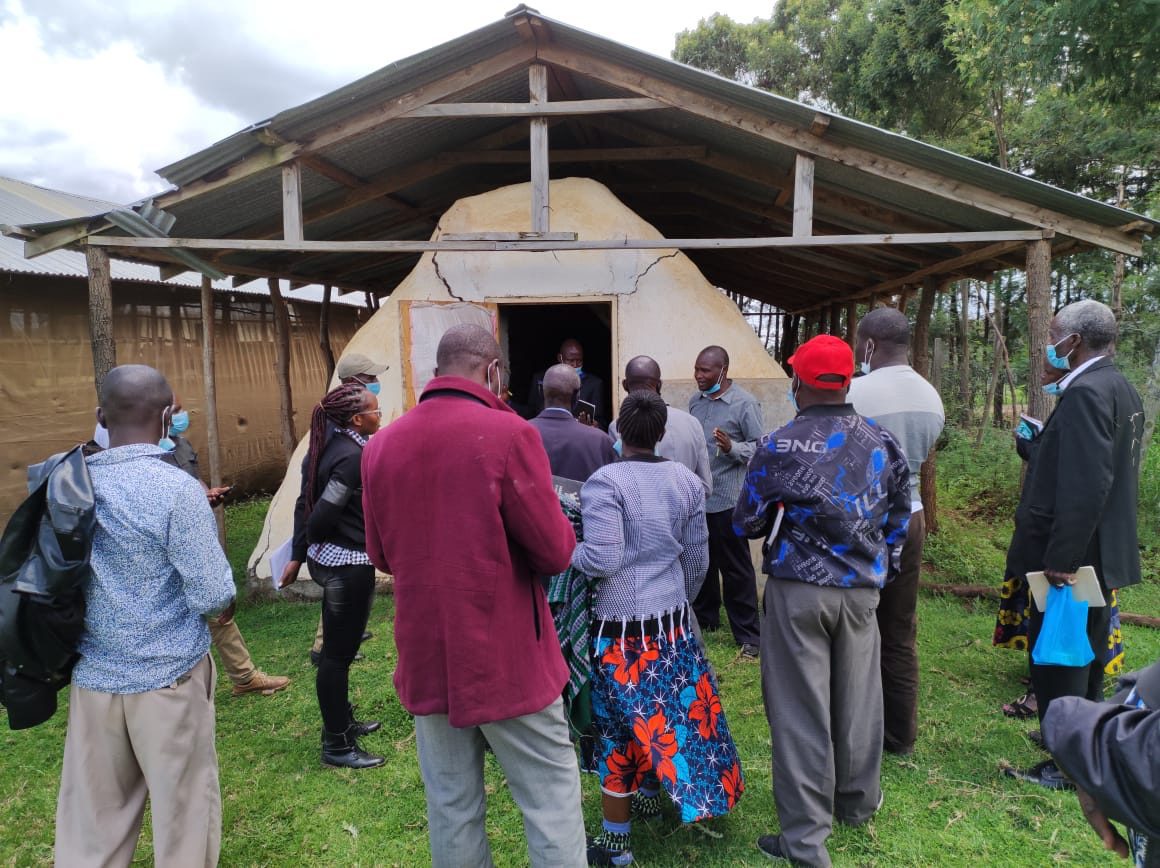
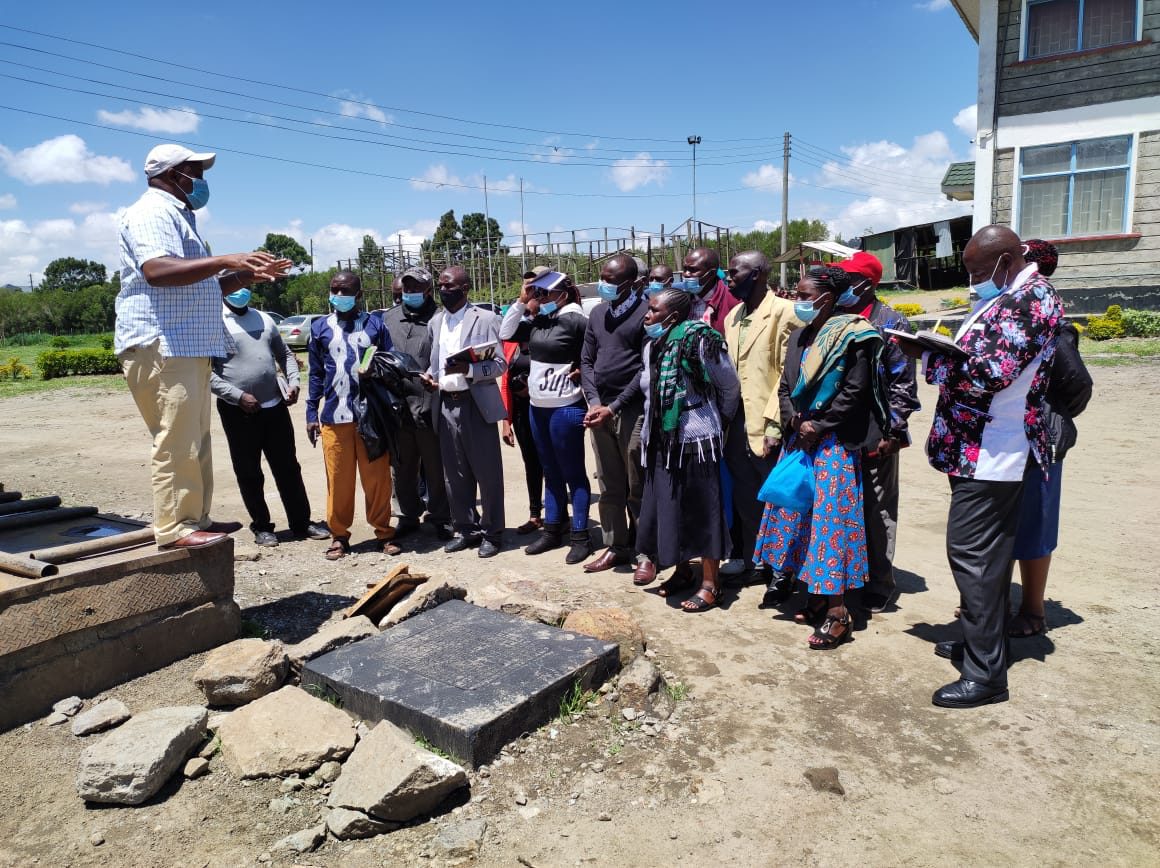
Activities
Phase I of the Nuffic-funded Nuru-iCRA TMT (Tailor-made Training) partnership was facilitated by iCRA international and its group members in Nigeria, Kenya, and Ethiopia over 12 weeks of online training. The online training and coaching provided the 19 participants from Nuru International, Nuru Nigeria, Nuru Kenya, and Nuru Ethiopia with many new insights, such as how to create market value, build sustainable business relationships, negotiate better deals, develop contracts and improve marketing channels.
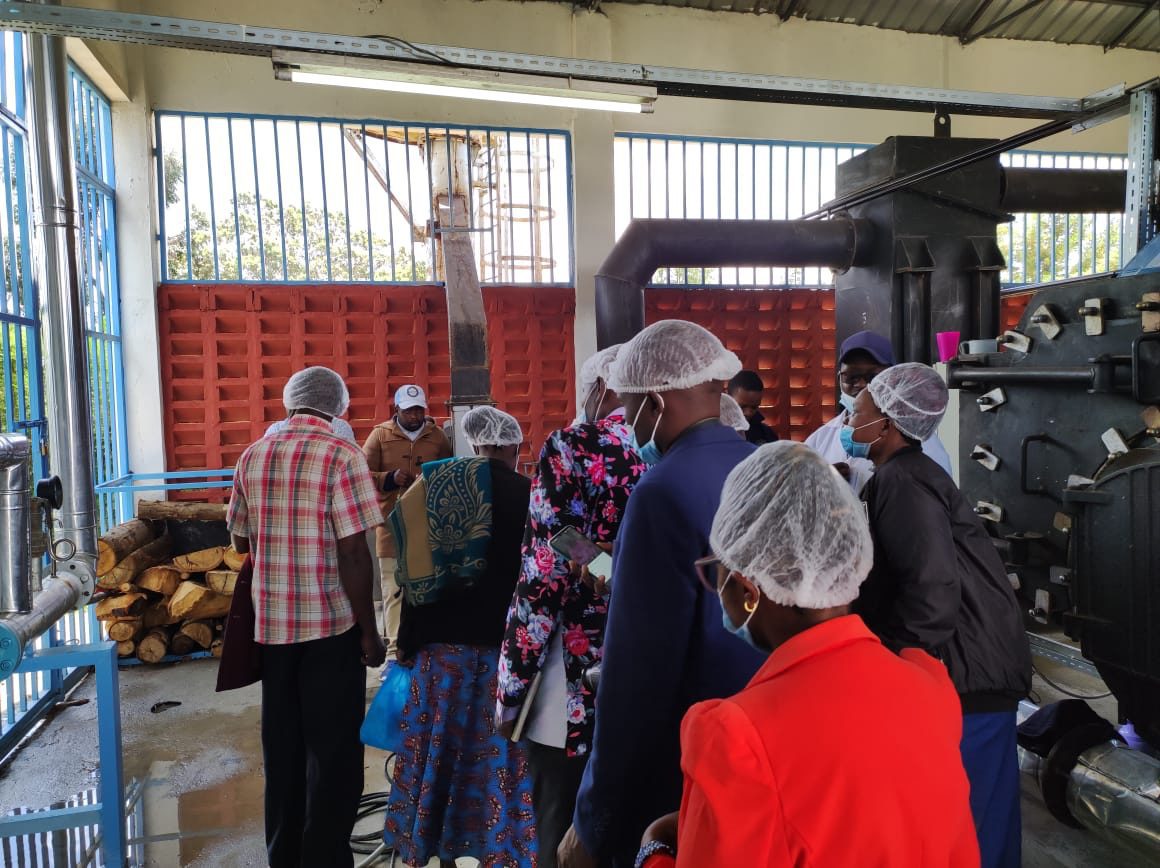
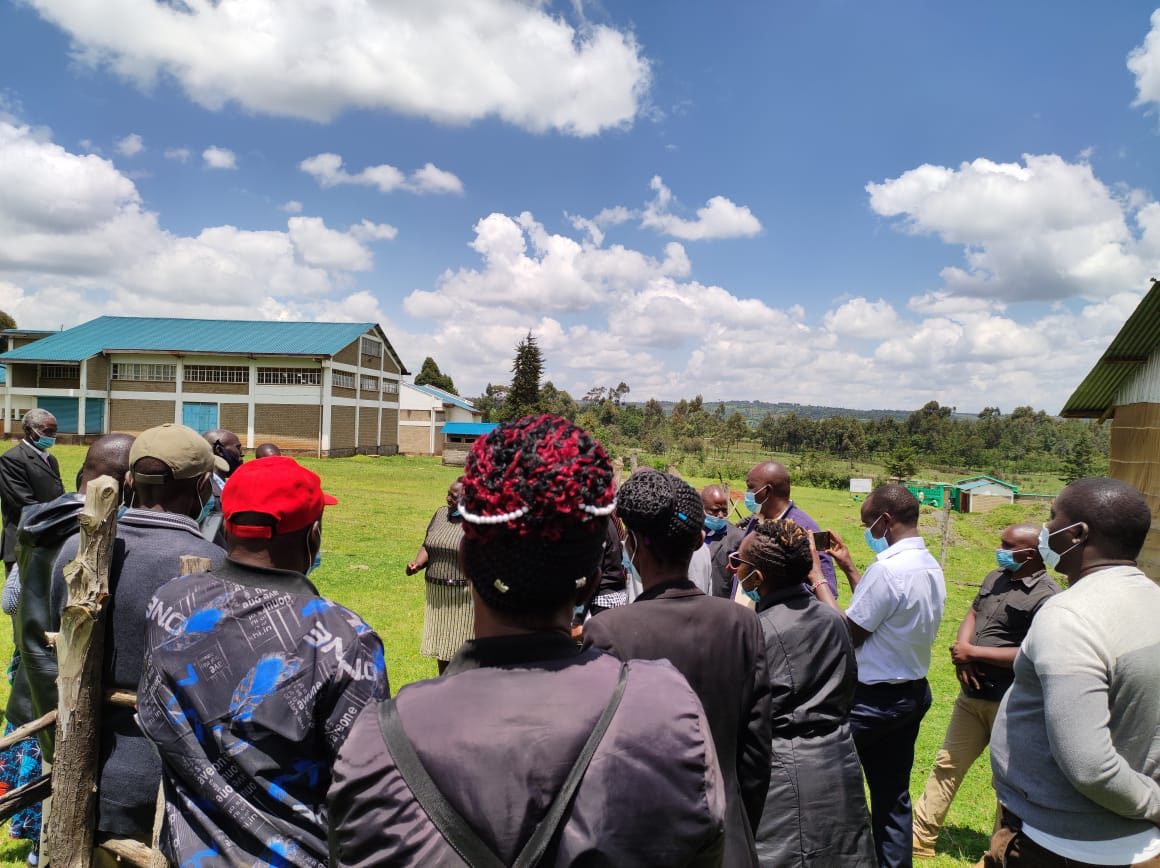
Phase II of the project consisted of remote backstopping to the three country teams and some on-the-job field coaching. In the case of Nuru Kenya, the field support was facilitated by Irene Njogu, who supported the team in organising an exchange and learning visit for 12 board members of Nuru-supported farmer organisations in Migori County. The represented farmer organizations aggregate and sell raw milk to Nuru Social Enterprises (NSE), a yogurt processing and marketing business. The group of farmer organization board members visited 2 dairy farmer organizations (KCSEED and OlKalou LTD) that have been supported through iCRA coaching to exchange ideas and discuss best practices in dairy production, management, and supply.
The Phase II activity and experience-sharing visit generated a lot of positive feedback from the farmer organization board members. They were able to critically examine the strengths and weaknesses of their dairy aggregation activities within their farmer organization businesses and establish goals for the way forward.
- Farmer organizations will endeavor to at least double current delivery volumes in 3 months.
- Farmer organizations will engage with transporters to negotiate better rates and encourage farmer members to negotiate with milk transporters as well.
- Farmer organization board members will create smaller groups responsible for increasing communication efficiency and transparency of decision-making.
- Farmer organizations will continue to build good governance and leadership with the support of Nuru Kenya and NSE.
- Farmer organizations will continue to intensify the delivery of extension services to farmer members and seek value chain partnerships to support these efforts.
- Farmer organizations will improve the agrovet services provided to the active farmer members.
- Farmer organizations will ensure prompt payment of milk supplies.
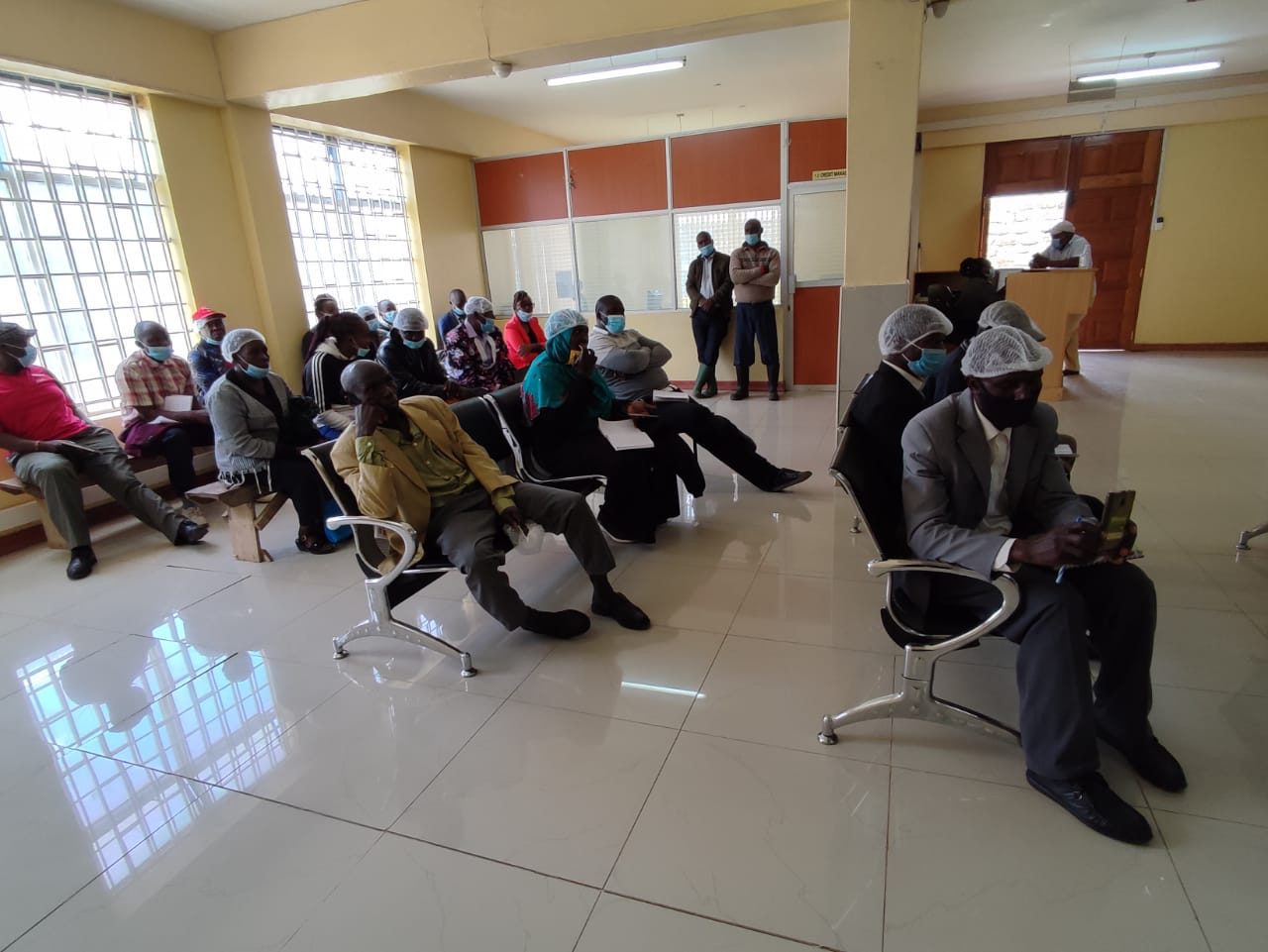
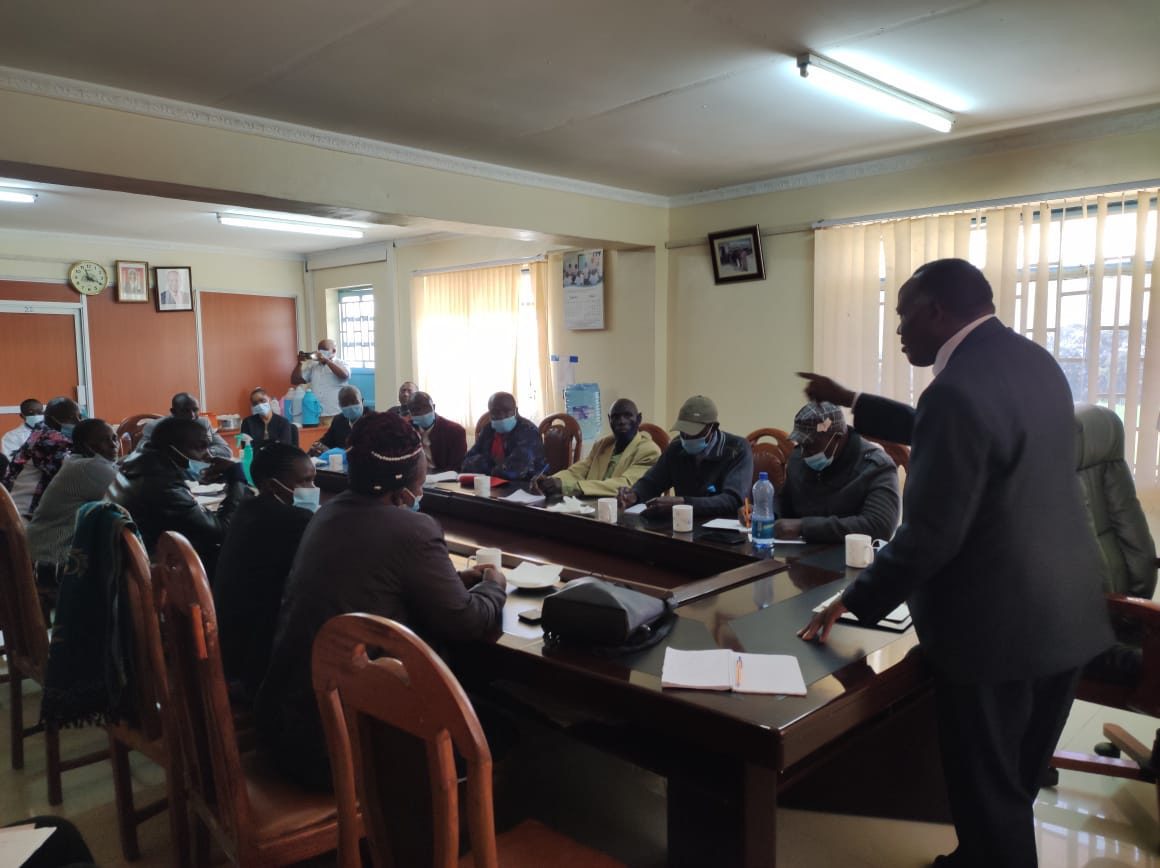
Next Steps
Nuru Kenya and the farmer organizations it supports were grateful for the opportunity to learn from iCRA coaches, KCSEED, and OlKalou LTD during Phase II of the Nuru-iCRA TMT partnership. The lessons learned during this experience-sharing visit will be actively applied to the business operations of the farmer organizations represented during the Phase II visit. This experience in Kenya will also be useful in exchanging new ideas for farmer organization development in different value chains in Ethiopia and Nigeria.
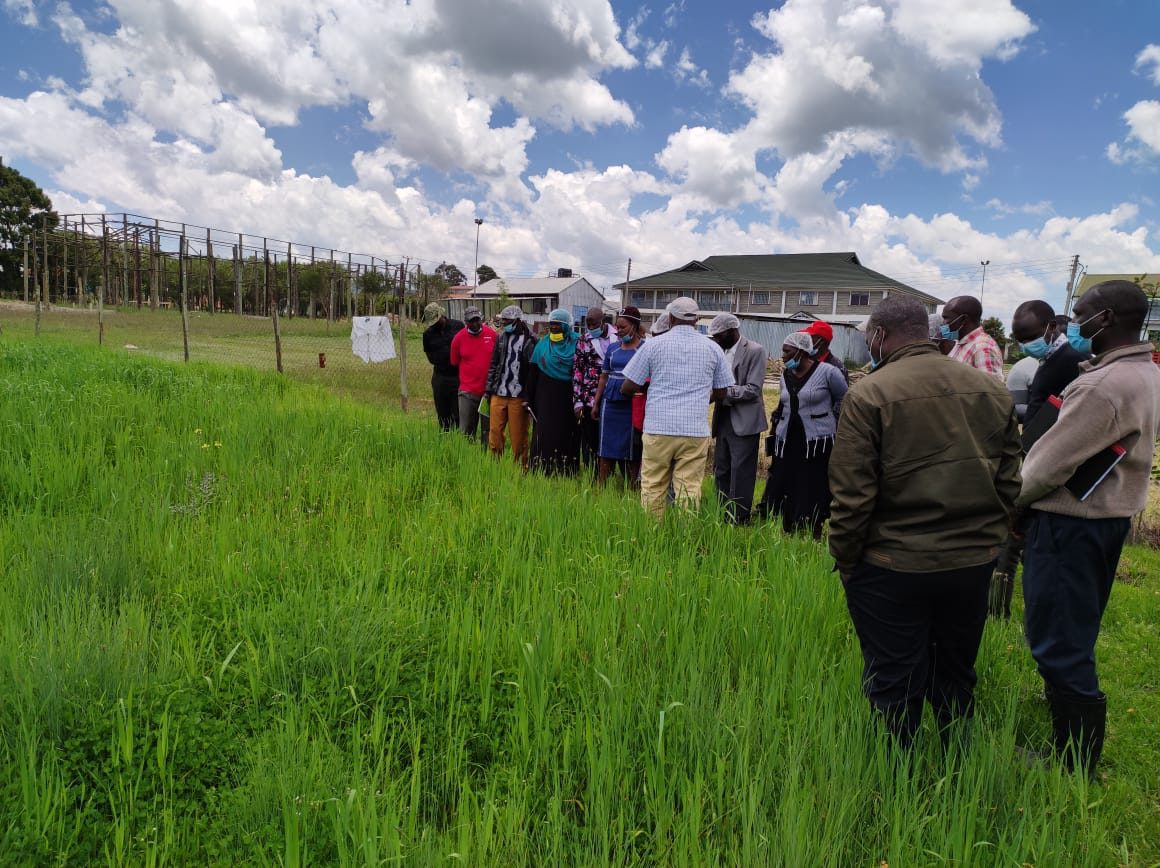
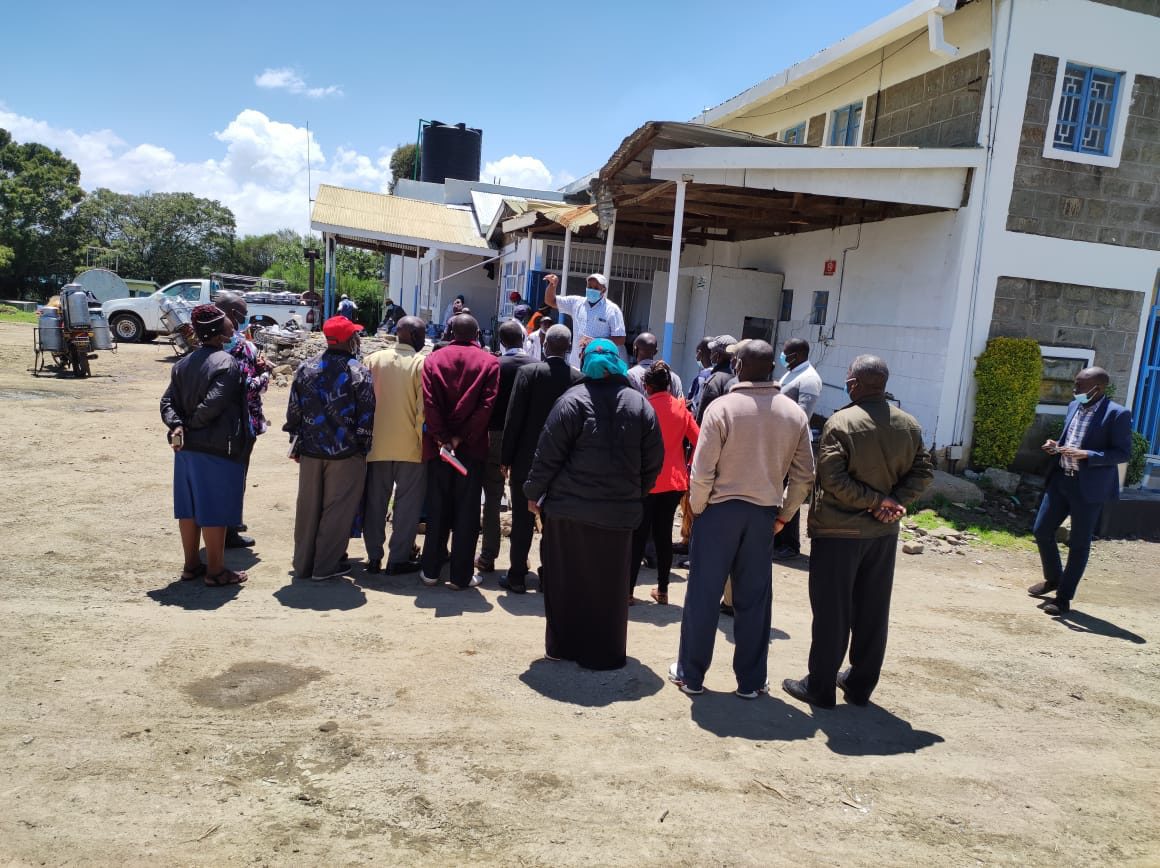

Recent Comments